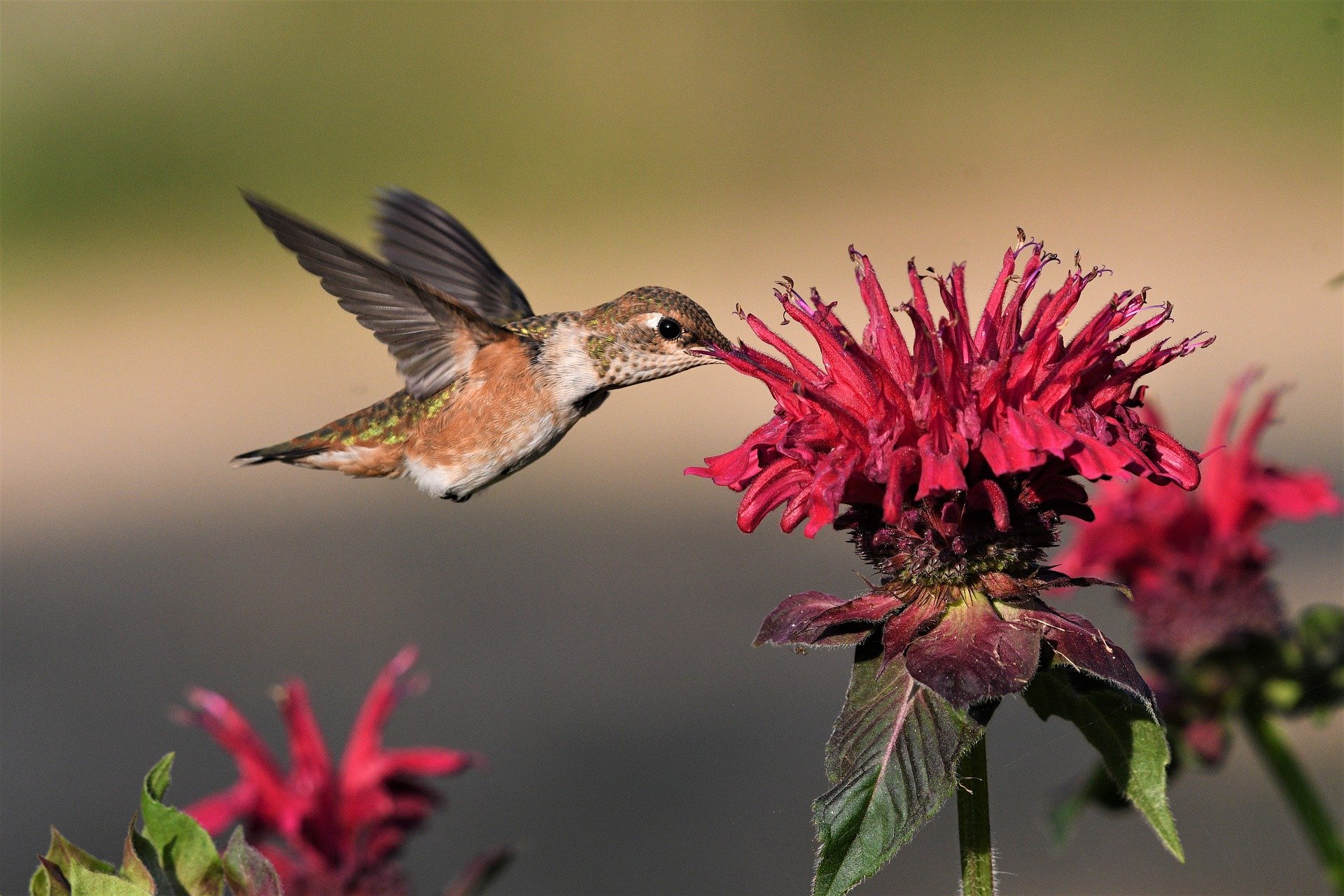Snow, cold weather and birds have not been mixing well over the last couple of weeks.
That’s according to the MARS Wildlife Rescue Centre in Merville. As the recent cold stretch came through the valley bringing unseasonal temperatures and snow, hummingbirds and swans were being admitted to the centre because of cold weather struggles.
The swans usually migrate down to the Comox Valley from northern Canada and Alaska for food, according to Manager of Wildlife Rehabilitation Gyl Anderson. She said the region has lots of root tubers and grasses, which became very difficult to get at with the snow.
“Seems to be really challenging for them to find food right now, there’s too much snow cover and it’s difficult for them to get down to the soils and the grasses that they would normally eat,” said Anderson.
Anderson said the snow also made it more difficult for the swans to get from A to B.
“They need quite a runway to take off from either the water or the ground,” she added. “They tend to injure their feet or their legs as they try to take off.”
Around eight swans were brought into the rescue centre over the cold snap. They currently have three still in care, with some released into the wild or some dying because of their injuries.
Smaller, winged creatures also have been struggling in the cold temperatures.
Anderson said about 14 or more hummingbirds were also brought into the centre, with varying injuries and issues because of the cold weather.
Anna’s hummingbird spends the year in the Valley and normally can survive the cooler winters through a process similar to hibernation called “torpor.”
Anderson said in torpor, a hummingbird’s body temperature and metabolism lower to help them in the winter. However, the colder than normal temperatures have made it more difficult for them to survive.
“We’re finding that they’re going into torpor in exposed areas that aren’t well sheltered during the day,” said Anderson. “When they’re this exposed they sometimes can’t come out of that state because they get colder and colder.”
She said they also have been having difficulty finding sugar water to feed on as bird feeders freeze, including getting tongue injuries if they freeze.
She said bird feeders are useful for the birds but only if the bird feeder can be cleaned and functional.
“If they aren’t able to maintain their feeders then it’s best to stop feeding in the autumn,” said Anderson. “If you are maintaining the feeder hygiene, it’s okay to keep them because Anna’s hummingbird is here to stay. It’s a good food source for them.”
If people find a hummingbird that is in need of help, Anderson said they should be put in a box with air holes poked in the lid and brought inside to warm up or to the rescue centre if they are injured.
Anderson said a variety of other animals came in during the cold period as well including ducks, gulls, and songbirds.






